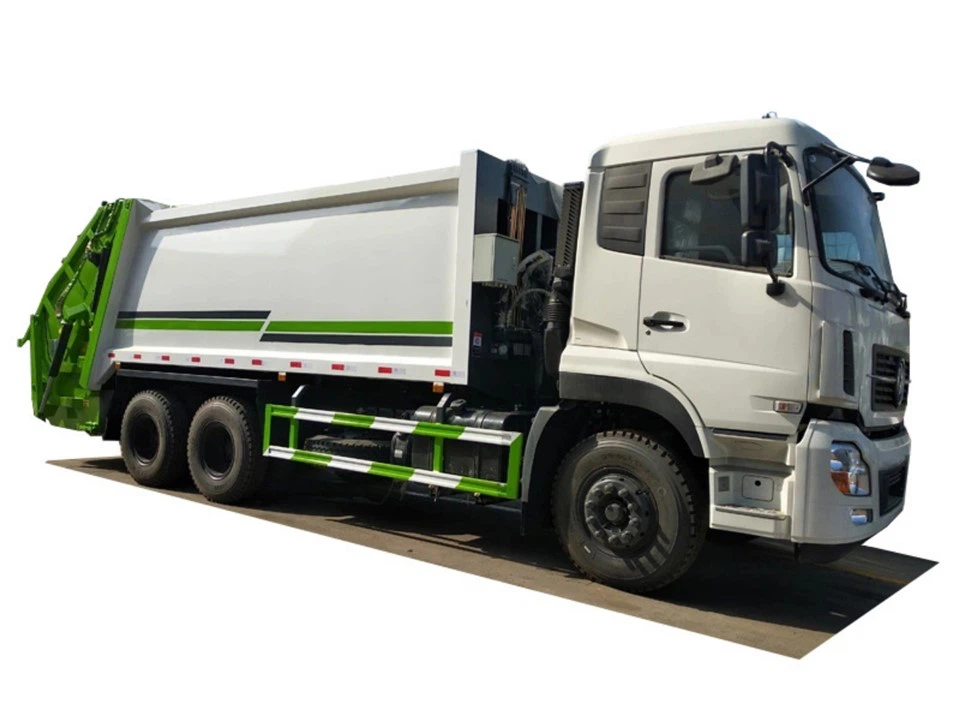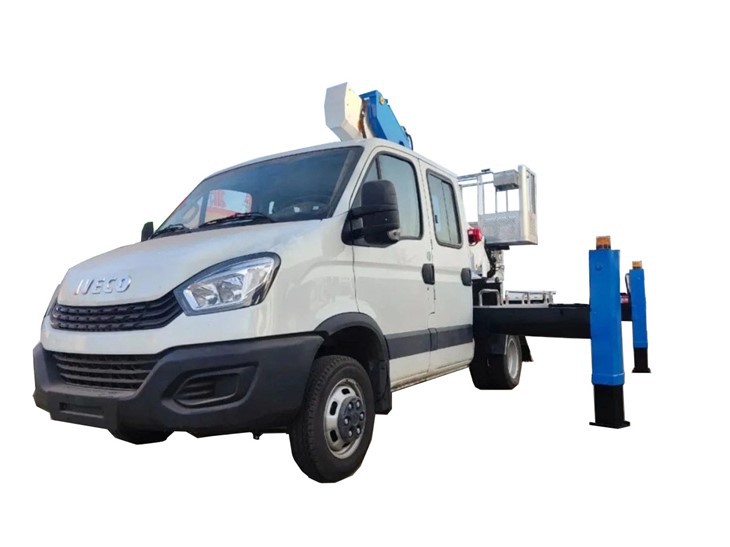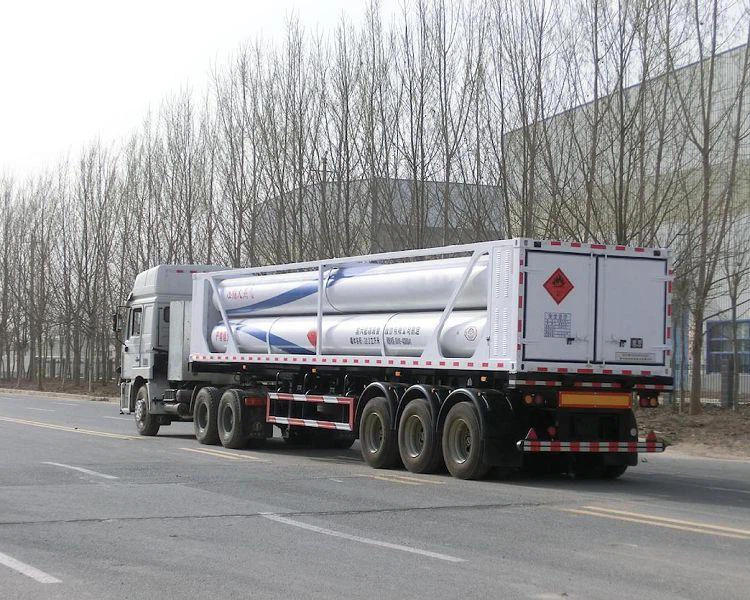Trailer vs Semi-Trailer: Understanding the Key Differences

Introduction
In the world of transportation and logistics, trailers play a crucial role in moving goods efficiently. However, the terms “trailer” and “semi-trailer” are often misunderstood or used interchangeably. This article aims to clarify these terms, explore their differences, and provide a comprehensive guide to choosing the right option for your transportation needs. Whether you’re a logistics manager, business owner, or someone interested in the trucking industry, this article will serve as a valuable resource.
What is a Trailer?
A trailer is a non-motorized vehicle designed to be towed by a motor vehicle. Trailers come in various shapes and sizes and can be used for transporting a wide range of goods. Unlike semi-trailers, which need a semi-tractor for towing, regular trailers can be towed by any vehicle equipped with the right hitch.
Types of Trailers
Trailers can be classified into several categories based on their design and intended use:
- Utility Trailers: Small, open trailers typically used for transporting tools, equipment, and personal items.
- Enclosed Trailers: Trailers that are fully enclosed to protect cargo from the elements.
- Car Haulers: Trailers designed specifically for transporting vehicles.
What is a Semi-Trailer?
A semi-trailer, as the name suggests, is a type of trailer that does not have a front axle. This design allows the semi-trailer to rest on a truck chassis, which is known as a semi-tractor. Semi-trailers are typically larger and have a higher cargo capacity than standard trailers.
Types of Semi-Trailers
Semi-trailers also come in various designs, each tailored for specific cargo types:
- Flatbed Semi-Trailers: Ideal for transporting large equipment and cargo that does not require protection from the elements.
- Refrigerated Semi-Trailers: Designed to transport perishable goods at controlled temperatures.
- Dry Van Semi-Trailers: Fully enclosed and used for transporting a wide variety of freight.
Key Differences Between Trailers and Semi-Trailers
1. Structure
The most significant difference lies in their structure. A trailer has its own wheels and axles, while a semi-trailer must be connected to a tractor unit and does not have a front axle.
2. Weight Capacity
| Type | Weight Capacity |
|---|---|
| Trailer | Up to 7,000 lbs |
| Semi-Trailer | Up to 80,000 lbs |
Semi-trailers can carry significantly heavier loads compared to standard trailers due to their construction and the support from the tractor unit.
3. Load Distribution

Load distribution is another essential factor. Semi-trailers can better distribute weight across longer distances, allowing for safer transportation of heavy loads.
4. Maneuverability
Trailers are generally easier to maneuver in tight spaces due to their independent axle setup. However, semi-trailers provide better stability when traveling on highways thanks to their design.
5. Towing Vehicles
Standard trailers can be towed by a variety of vehicles, including cars and SUVs, while semi-trailers require a specifically designed semi-tractor for towing.
When to Use Each Type
1. Choosing a Trailer
If you need a flexible and easily maneuverable vehicle for light to medium loads, a trailer may be the better option. They are perfect for personal use, landscaping, and small businesses.
2. Choosing a Semi-Trailer
For larger businesses involved in freight transport, a semi-trailer is a better choice. Their higher capacity and ability to handle heavier loads make them ideal for long-haul trucking operations.
Practical Examples
Example of a Trailer Use Case
A homeowner may use a utility trailer to haul large items like dirt, furniture, or recreational equipment. The lightweight design allows for easy towing using a truck or SUV.
Example of a Semi-Trailer Use Case
A logistics company may use a refrigerated semi-trailer to transport fresh produce across the country. This ensures that the goods remain at optimal temperatures during transit, preserving quality.
Cost Considerations
Initial Purchase Cost
The initial purchase cost of trailers is generally lower than that of semi-trailers:
- Average Cost of Trailers: $1,000 to $10,000
- Average Cost of Semi-Trailers: $30,000 to $80,000

Operating Costs
Operating costs, such as maintenance and fuel, should also be considered. Semi-trailers generally have higher operating costs due to their size, although they can transport more goods simultaneously, thereby spreading the costs over a larger amount of freight.
Regulatory Requirements
Different regulations govern the use of trailers and semi-trailers. It is essential to understand your local laws regarding weight limits, licensing, and inspection requirements.
Licensing for Trailers
In many regions, towing a trailer does not require a specialized license, but this can vary depending on the total weight being towed.
Licensing for Semi-Trailers
To operate a semi-trailer in most jurisdictions, drivers typically need a commercial driver’s license (CDL). This ensures they are trained to handle the larger and more complex vehicle safely.
Tips for Choosing Between a Trailer and a Semi-Trailer
Assess Your Needs
Consider the type and amount of cargo you regularly transport. If you primarily move lightweight items, a trailer could suffice. For heavy loads, a semi-trailer is a better choice.

Evaluate Your Towing Vehicle
Ensure your vehicle is equipped for the type of trailer or semi-trailer you intend to use. Check towing capacity and compatibility.
Consider Future Needs
Think about your potential needs down the line. If you expect to need more capacity or to transport heavier items in the future, investing in a semi-trailer may be worthwhile.
Frequently Asked Questions
1. Can I tow a semi-trailer with a standard truck?
No, semi-trailers require a semi-tractor designed specifically to tow them due to their design and weight.
2. What is the weight limit for a trailer?
The weight limit for trailers varies but is generally under 7,000 lbs for standard trailers, depending on the specific design and type.
3. Are semi-trailers more expensive to maintain than regular trailers?
Yes, semi-trailers typically have higher maintenance and operating costs due to their size and the complexity of the towing vehicle.
4. Do I need a special license to tow a trailer?
It depends on your location and the total weight being towed. Always check local regulations.
5. What are the most common uses for semi-trailers?
Semi-trailers are commonly used for transporting freight, including food, construction materials, vehicles, and machinery.
6. Can I convert a trailer into a semi-trailer?
No, converting a standard trailer into a semi-trailer is impractical due to fundamental design differences, including the need for a front axle.
